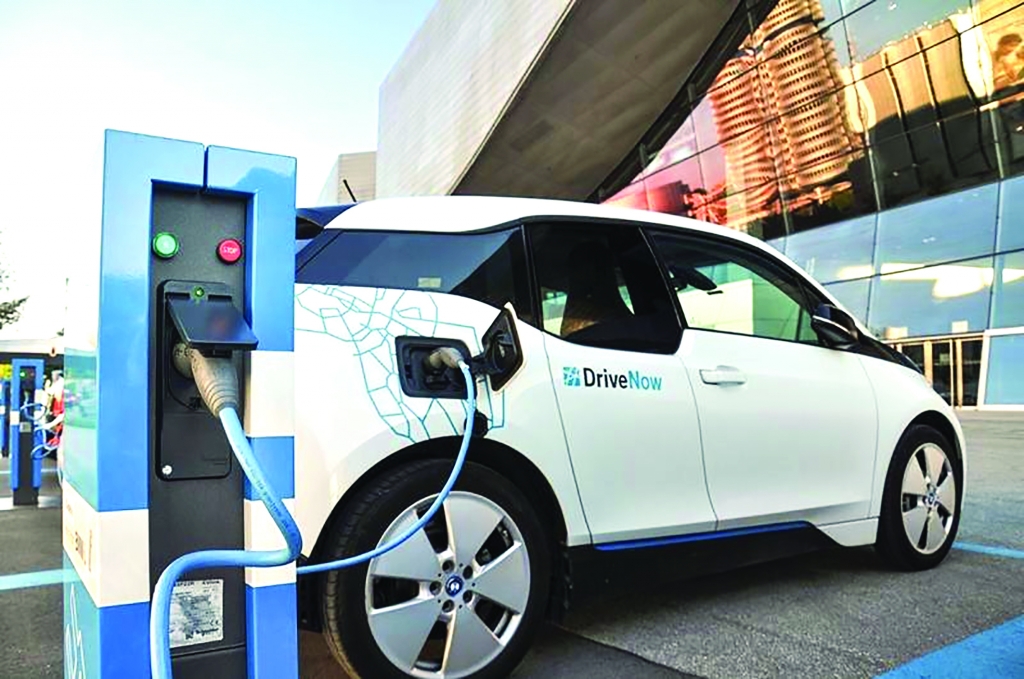 |
| The advantage of battery-powered electric cars is that they do not use gasoline or gas (fossil fuels). Photo: Internet |
The Ministry of Finance is seeking comments on the draft Decree amending and supplementing a number of articles of Decree No. 10/2022/ND-CP of the Government on registration fees.
Previously, in order to contribute to reducing environmental pollution from vehicle emissions; encourage businesses to invest in production, take advantage of supply opportunities and stimulate consumers to use battery-powered electric cars, the Government issued Decree No. 10/2022/ND-CP.
In which, preferential registration fees for battery-powered electric cars are regulated as follows: within 3 years from March 1, 2022, the first registration fee will be paid at a rate of 0%; within the next 2 years, the first registration fee will be paid at a rate equal to 50% of the rate for gasoline and diesel cars with the same seats.
The implementation of the policy of 0% registration fee for battery-powered electric cars in recent times has basically achieved the goals set out when it was issued, having an impact on consumers, manufacturers and distributors of battery-powered electric cars, on the air environment and on the state budget revenue.
After 3 years of application, the number of battery-powered electric cars paying registration fees for the first time has increased dramatically.
Accordingly, from March 1, 2022 to December 31, 2022, the number of battery-powered electric cars registered for the first time with registration fees is 4,040 vehicles, an average of 404 vehicles/month.
By 2023, the number of battery-powered electric cars registered for the first time with registration fees will be 29,281, an average of 2,440 cars/month, 6 times higher than in 2022.
In 2024, the number of battery-powered electric cars registered for the first time with registration fees will be 79,781, an average of 6,648 cars/month, 2.72 times higher than in 2023.
According to the Ministry of Finance, to improve air quality caused by vehicles, the Government has synchronously deployed many solutions, including the solution of switching from gasoline and diesel cars to battery-powered electric cars to reduce emissions from vehicles, contributing to environmental protection, a trend taking place globally, including solutions on taxes, fees and charges.
The issuance of the Decree aims to stimulate the consumption of environmentally friendly products; contribute to promoting green transformation, improving air quality, protecting the environment, and moving towards the goal of sustainable development.
Accordingly, the Ministry of Finance submitted to the Government an amendment to the provisions at Point c, Clause 5, Article 8 of Decree No. 10/2022/ND-CP stipulating the registration fee for battery-powered electric cars.
Specifically, according to the proposal of the Ministry of Finance, battery-powered electric cars will continue to pay the initial registration fee at a rate of 0% until February 28, 2027.
The Ministry of Finance said that, regarding the impact on state budget revenue, assuming the same number of battery-powered electric cars registered in 2024, if the 0% registration fee is applied to battery-powered electric cars in the period of March 1, 2025 - February 28, 2027, it will reduce state budget revenue by about more than VND 4,800 billion/year (an additional reduction of VND 2,400 billion/year compared to current regulations in Decree No. 10/2022/ND-CP).
According to the Ministry of Finance's assessment, continuing to apply a 0% registration fee for battery-powered electric cars contributes to the development of the market, the electric car industry and supporting industries, creates jobs, increases income for workers, ensures social security, has a spillover effect to other economic sectors and promotes economic growth.
Source: https://haiquanonline.com.vn/de-xuat-tiep-tuc-muc-thu-le-phi-truoc-ba-0-doi-voi-o-to-dien-chay-pin-193744.html



![[Photo] 60th Anniversary of the Founding of the Vietnam Association of Photographic Artists](/_next/image?url=https%3A%2F%2Fvphoto.vietnam.vn%2Fthumb%2F1200x675%2Fvietnam%2Fresource%2FIMAGE%2F2025%2F12%2F05%2F1764935864512_a1-bnd-0841-9740-jpg.webp&w=3840&q=75)


![[Photo] National Assembly Chairman Tran Thanh Man attends the VinFuture 2025 Award Ceremony](/_next/image?url=https%3A%2F%2Fvphoto.vietnam.vn%2Fthumb%2F1200x675%2Fvietnam%2Fresource%2FIMAGE%2F2025%2F12%2F05%2F1764951162416_2628509768338816493-6995-jpg.webp&w=3840&q=75)



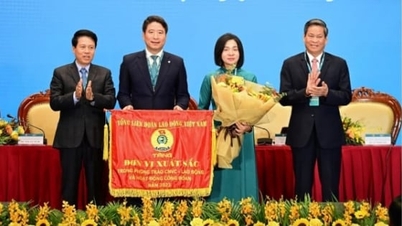
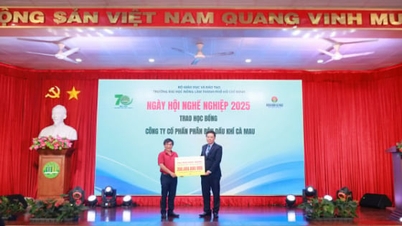











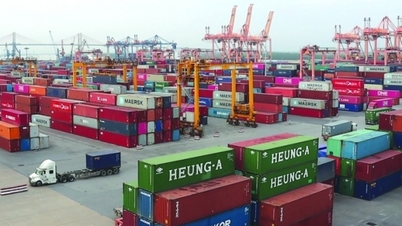
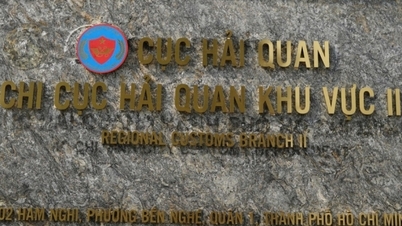



















































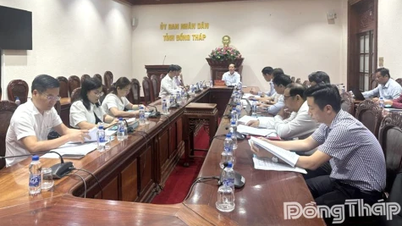



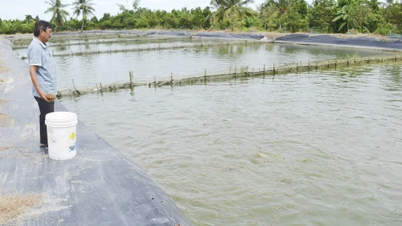
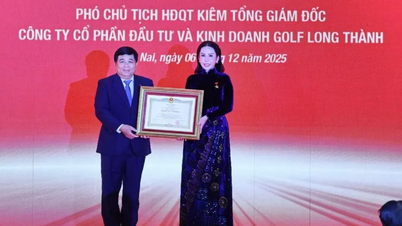

















Comment (0)